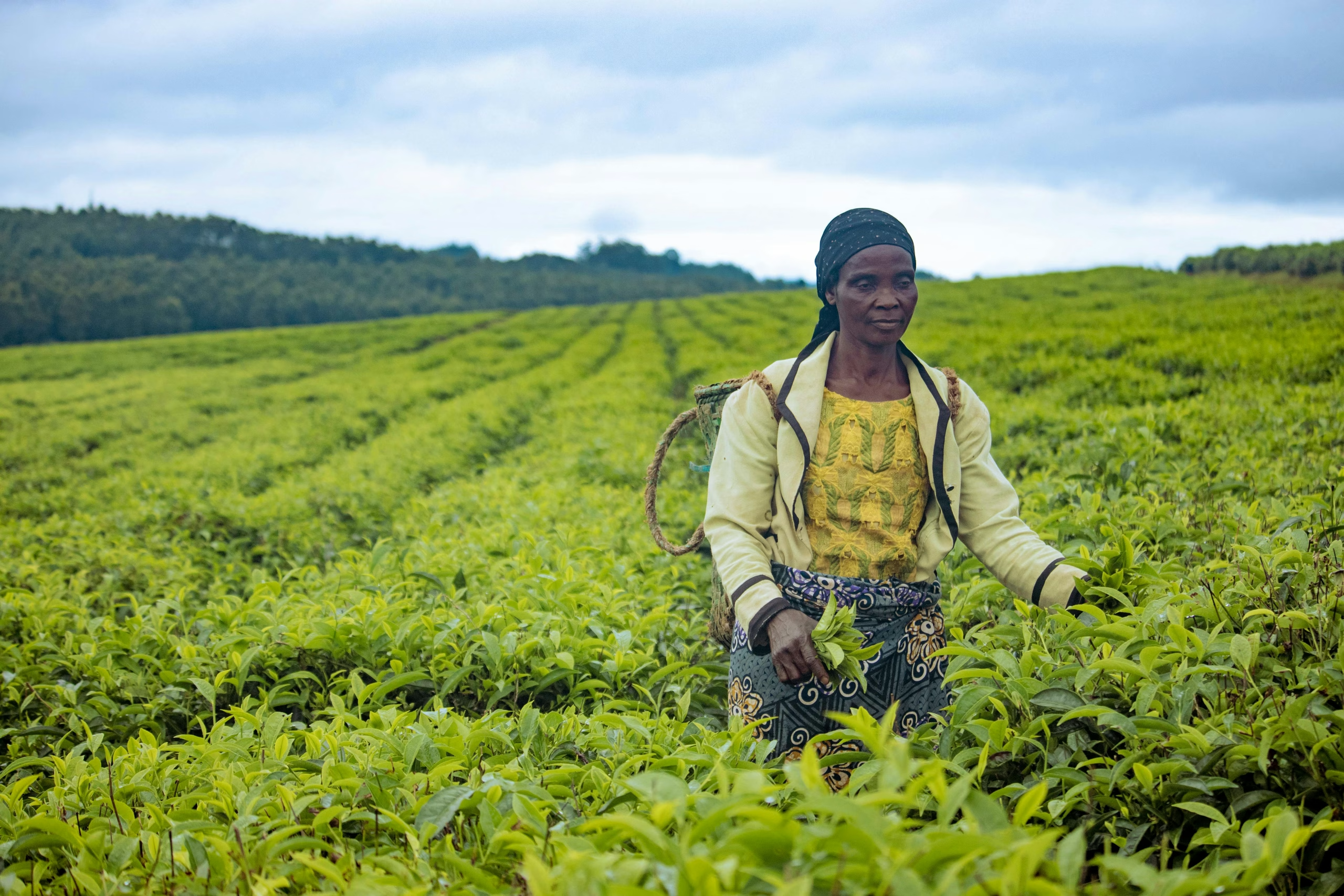Across Africa, women grow, harvest, and sell the food that feeds hundreds of millions. Yet when it comes to owning land, accessing credit, or using technology to scale their work, they’re often left at the back of the line. AgriTech — the fusion of agriculture and technology — is giving women tools to break through barriers that have existed for generations. From mobile apps that deliver real-time weather forecasts to platforms that connect farmers directly with buyers, African women are not just users of these innovations — they’re leading them.
The Bedrock of African Agriculture
Women are the backbone of agriculture across Africa, particularly in rural and smallholder contexts. They comprise 40%–50% of the agricultural labor force, soaring to 70% in countries like Uganda and Ethiopia . Even though women produce up to 80% of the continent’s food, they face barriers in accessing land, finance, technology, and markets.
Tech as an Equalizer — Bridging the Divide
Digital solutions are rapidly leveling the field for women:
Mobile platforms & apps now deliver critical services like weather updates, advisory support, and market prices — straight to mobile phones . Still, digital access gaps persist — only 31% of women in Sub-Saharan Africa use mobile internet, compared to 45% of men .
Organizations such as Tech Herfrica are stepping in to bridge this gap. Through the EquipHer4Growth initiative, they provide smartphones, digital training, and support to hundreds of women in rural Nigeria, boosting incomes and digital inclusion. The organization has also expanded to rural areas in Kenya.
AgriTech Innovators You Should Meet
Jamila Abbas — M-Farm (Kenya)
In 2010, Kenyan computer scientist and entrepreneur Jamila Abbas co-founded M-Farm, an internet-based platform that connects farmers with market info, weather data, and supplies. What began as a competition-winning app now improves transparency and access for countless farmers.
Seabex (Tunisia)
Founded by Amira Cheniour, Seabex offers an AI-based irrigation recommendation system using satellite and weather data — no expensive sensors needed. Results: 30% water savings and 20–40% yield increases across test farms.
Chiseko (Zambia)
Led by Esineya Chilumbu, Chiseko offers mobile and USSD tools, along with dashboards, to help small farmers manage crops and access markets. They also offer practical advice on planning and standards.
Guzakuza (Ghana & Beyond)
Founded by Nana Adjoa Sifa Amponsah, Guzakuza empowers over 8,000 women across 31 African countries through programs like mentorship, access to finance, and agribusiness training. Their flagship platform includes Fellowship, SheFarms, Women in Agribusiness Week, and more.
Success Stories from AICCRA’s Gender-Smart Accelerator
Senegal: Hermione Awounou’s ACASEN sources local products through women-led cooperatives and creates jobs.
Uganda: Florence Okot’s Yellow Star Produce improves food security and nutrition.
Kenya: Florence Mogere’s Nyota Limited delivers nutritious food products through innovation and partnerships.
Morocco: Doha Zahid’s Sand to Green uses sustainable methods to reclaim arid land.
Rwanda: Sheila Uwibona’s Ubuntu Women Farmers cooperative empowers women with leadership and sustainable agriculture training.
Why Women Matter in Africa’s AgriTech Future
Higher yields & productivity: Closing the gender gap in access to resources could boost output by 20–30%, increasing national output by 2.5–4%.
Climate resilience & sustainability: Women often lead in preserving indigenous seeds and agroecological techniques — critical tools in climate adaptation.
Better outcomes for families and communities: Women reinvest income into healthcare, education, and community — often more so than their male counterparts.
Inclusive innovation: Projects like IBLI (Index-Based Livestock Insurance) are giving women access to safety nets that enhance resilience.
Stories of Empowerment & Impact
In Senegal, a grassroots movement led by Mariama Sonko empowers 115,000 women farmers, teaching agroforestry, micro-gardening, and indigenous seed preservation. Despite women producing up to 80% of crops, many lack land ownership. Sonko’s training equips them with rights knowledge, organic methods, and resilience in a changing climate.
What Still Needs to Be Done
Barriers persist:
- Digital access: Women remain underrepresented online.
- Resource inequality: Women own less than 20% of agricultural land and receive only 10% of agricultural credit.
- Policy and infrastructure gaps: Many countries still lack gender-responsive agricultural strategies.
Cultivating a Future Rooted in Equality
Africa’s food systems — and its technological future — are being rewired by women. From AI-driven irrigation in Tunisia to mobile market platforms in Kenya, Ghana, Nigeria, Rwanda, and beyond, women are sowing seeds of innovation, resilience, and equity.
Unlocking their full potential isn’t just a moral imperative — it’s a smart strategy. When women lead, communities flourish, ecosystems regenerate, and economies grow stronger. The AgriTech revolution in Africa is already underway. Now, let’s make sure it’s inclusive.


